All Animals. All Insects.


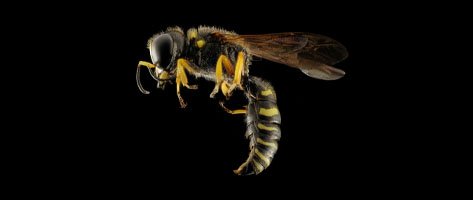
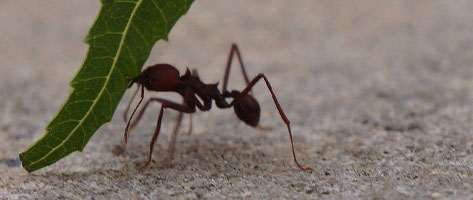
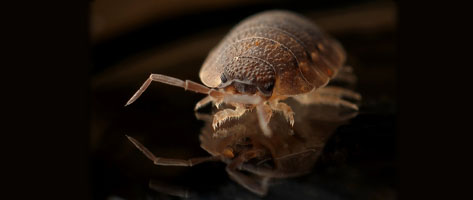
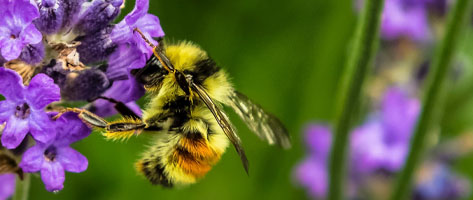
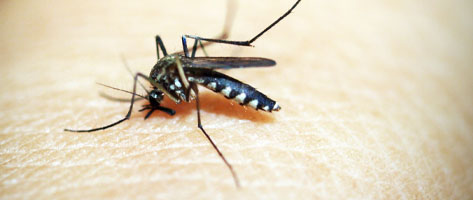
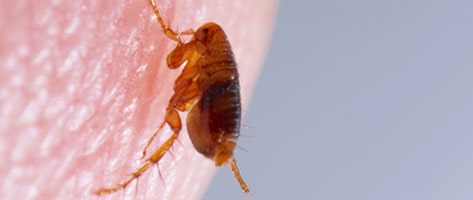
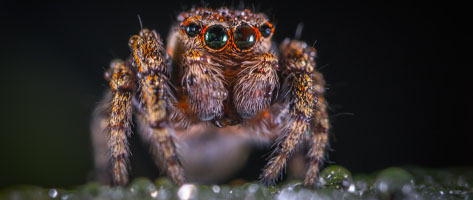
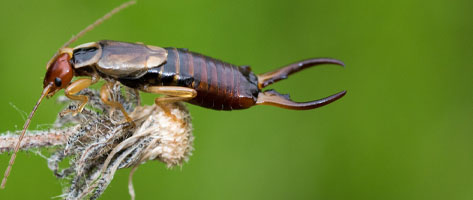
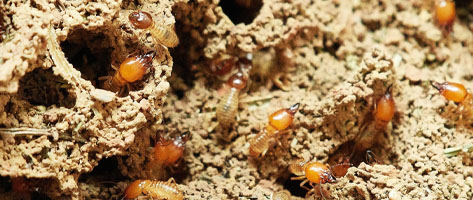
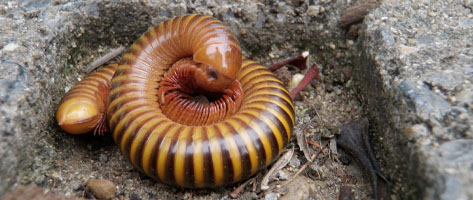
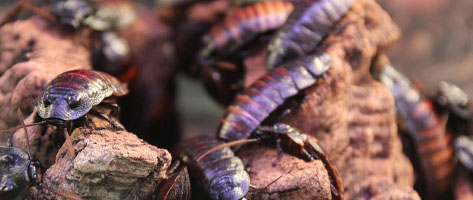
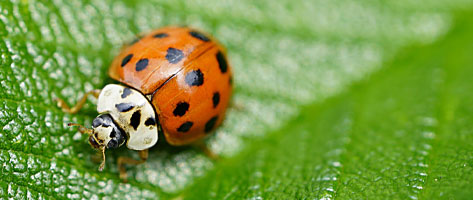
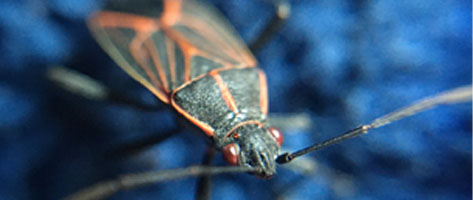


Scratching during the day may indicate the presence of a bat, but this is rare.
A more familiar source of scratching or clawing during the daytime are squirrels or a yellowjacket hive in the drywall.
Scratching sounds coming from the attic is an indication of the presence of bats. The scratching may be constant or sporadic and may occur during the day, but mostly at night, if it's a bat. The sound you hear is the bat's claws and its wings as it flies about.
A scratching sound may also indicate the presence of mice. An inspection from Northern Pest is necessary to pinpoint the sound source directly.
Gnawing sounds during the day are usually always caused by the presence of a rodent, like a mouse, squirrel, or chipmunk. Rodents have large incisor teeth that continually grow and must be worn down by constantly gnawing. These pests will chew on wires, wood, insulation, and anything else they find. Many house fires result from rodents chewing through electrical wires.
If you hear gnawing or chewing sounds at night, this may indicate the presence of a raccoon, which is accompanied by other noises, such as heavy walking. If you don’t hear hefty movement, it may be a flying squirrel or some other rodent.
A "rolling" noise, similar to the sound of rolling marbles, is frequently due to the presence of a squirrel bringing in nuts or other materials as they move around in the attic. Squirrels use attics to hoard food or nest. If you hear this sound during the day, it most certainly is a red squirrel as they are the only mammals that will commonly breach attics, and they are most active during the day. Flying squirrels will too, but they are nocturnal and active at night.
The other possible cause of a rolling sound may be birds fluttering around tight corridors.
Rolling sounds made at night can be caused by flying squirrels that are nocturnal. This noise is the squirrel bringing nuts and other debris into the attic or wall.
Raccoons may also make a rolling sound, although this is not common.
The scampering or scurrying sounds made during the day is usually always caused by a squirrel, as most other quick-moving, agile pests (such as mice) are nocturnal.
A scurrying or scampering sound at night usually indicates mice traveling along the walls, ceiling, or floorboards.
Nocturnal flying squirrels also make this noise, although their peak periods of activity are just before dawn and right after sunset. Their movement is quick and light.
Raccoon’s sound similar; however, it's a slower "walking" sound and is "heavier" than a squirrel.
Heavy walking or crawling is a unique sound that usually indicates the presence of a raccoon and can be heard either day or night.
Heavy walking or crawling is a unique sound that usually always indicates the presence of a raccoon and can be heard either day or night.
If you hear “flapping” during the day, it is definitely a bird.
If you hear “flapping” at night, it is either a trapped bird or a bat. Nuisance birds are usually not active at night, so most likely, this is the sound of a trapped bird trying to find its way out. With bats, the flapping of their wings is very soft, like a dull “whirring.” If you hear a faint humming sound, it may be a bat flying about after dark.
Crackling, or the sound of Rice Krispies popping, is a distinct noise commonly caused by a yellowjacket hive within your home's drywall. Yellowjackets can pick and gnaw on drywall and use the pieces to build their hives. This activity sounds like and is often described as a "crackling." Upon hearing this, know that yellowjackets are close to chewing through the drywall. This noise is most common at night but can be heard during the day if the hive is large enough.
Crackling, or the sound of Rice Krispies popping, is a distinct noise commonly caused by a yellowjacket hive within your home's drywall. Yellowjackets can pick and gnaw on drywall and use the pieces to build their hives. This activity sounds like and is often described as a "crackling." Upon hearing this, know that yellowjackets are close to chewing through the drywall.
If you hear sounds of chirping or chattering, this usually indicates that baby animals are present. Depending on the season helps determine which pest you are dealing with; it is common for baby squirrels, raccoons, or birds (especially chimney swifts) to make these noises. Contact Northern Pest for a thorough assessment and removal.
If you hear sounds of chirping or chattering, this usually indicates that baby animals are present. Depending on the season helps determine which pest you are dealing with; it is common for baby squirrels, raccoons, or birds (especially chimney swifts) to make these noises. Contact Northern Pest for a thorough assessment and removal.



